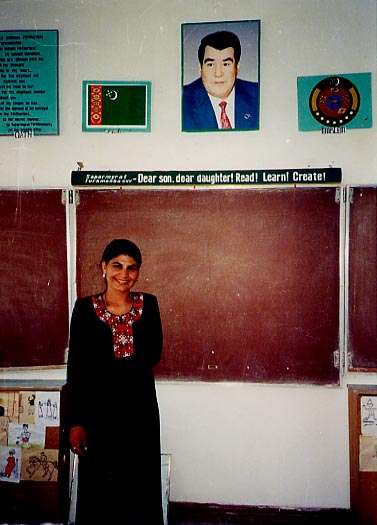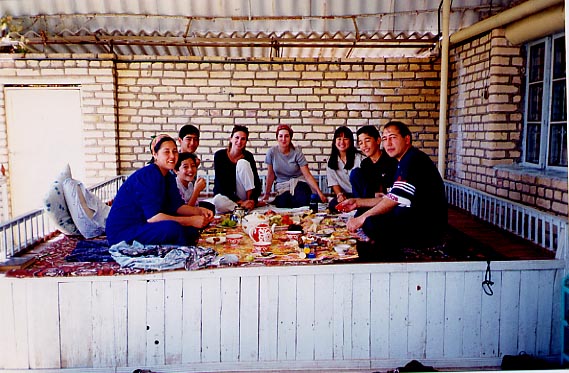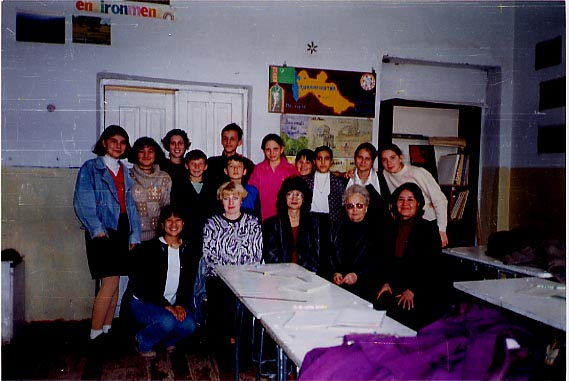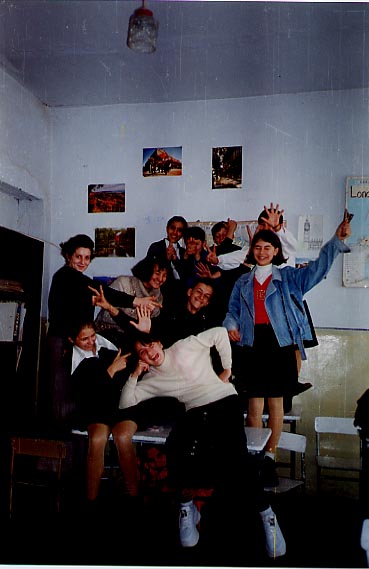The Five College Course Guides for Beginning Turkmen covers the equivalent of one semester of regular college level language study ot two semesters of a slower paced independent study course. There are twenty study guides with links to multimedia materials and self-assessment tools. Designed especially for students in independent study or mentored language programs, the guides emphasize oral proficiency, listening comprehension, and basic reading skills. Each study guide includes assignments and suggestions for 6-10 hours of independent study and/or conversation session time.
To use the Beginning Turkmen Course Guides, the student will need to purchase or have access to:
- Turkmen Language Competencies for Peace Corps Volunteers in Turkmenistan. by David Tyson and Larry Clark. Published by the Peace Corps, Washington, D.C. 1993. Available in pdf format from ERIC: Education Resources Information Center.

















